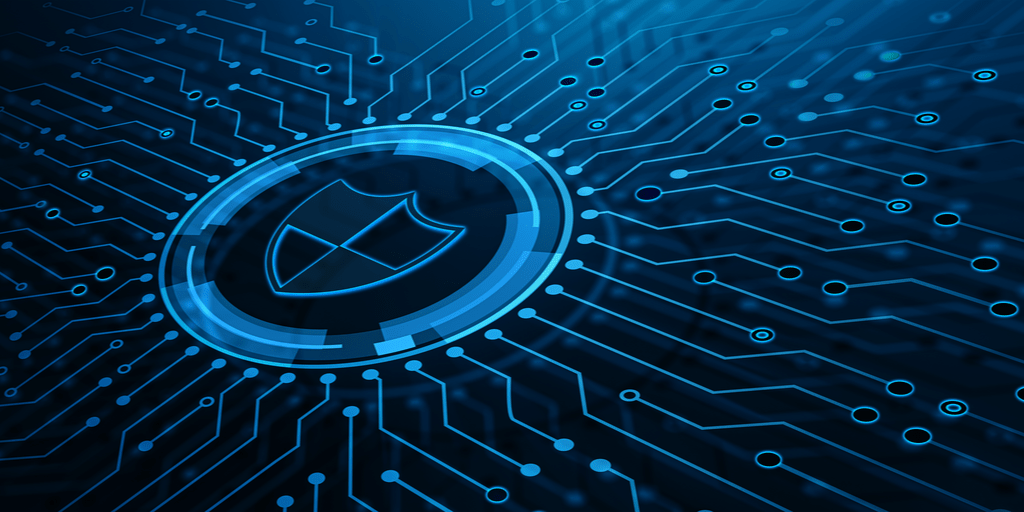In today’s digital-first world, protecting your information online is more critical than ever. From social media accounts to online banking, every click can expose you to potential risks if you aren’t careful. Understanding the basics of digital security helps safeguard your identity, money, and personal life. Just as people carefully curate their profiles on platforms like hiddenfacedps.com, you should also be mindful of how your digital presence can either protect or expose you in an interconnected world.
Use Strong, Unique Passwords
One of the simplest yet most effective steps in digital security is creating strong, unique passwords for all your accounts. Avoid using obvious choices like birthdays or names of loved ones, as these can be easily guessed. Instead, use a combination of uppercase and lowercase letters, numbers, and special characters.
Password managers can also be helpful. They store complex passwords securely and allow you to access them with a single master password. This reduces the temptation to reuse weak passwords across multiple accounts.
Just as businesses advertise services on , hackers scan online spaces for easy targets. Don’t make yourself one of them by neglecting this crucial first step.
Be Wary Of Phishing Attempts
Phishing emails and messages are designed to trick you into sharing sensitive information like login credentials or banking details. These messages often look convincing, mimicking trusted companies or even people you know.
Always double-check the sender’s address and avoid clicking on suspicious links. If you’re unsure, type the website URL directly into your browser rather than following the link provided in an email.
Think of phishing scams as the digital equivalent of deceptive words in sad shayari in Hindi for life—they appear heartfelt and real on the surface but often hide a much darker intention beneath.

Keep Devices And Software Updated
Outdated software is a hacker’s best friend. Cybercriminals exploit known vulnerabilities in operating systems, apps, and browsers to gain access to your data. Regularly updating your devices ensures you have the latest security patches and improvements.
Enable automatic updates where possible so you don’t miss important fixes. This applies not just to computers and phones but also to smart devices like routers, cameras, and even smart home systems.
By keeping everything up to date, you close the door to one of the easiest points of entry for cyber threats.
Use Two-Factor Authentication (2FA)
Two-factor authentication adds another layer of security beyond just a password. With 2FA enabled, even if someone manages to steal your password, they still need a second code—often sent to your phone or generated through an authentication app.
While it may feel like an extra step, it drastically reduces the risk of unauthorized access to your accounts. For sensitive services like email, banking, and cloud storage, enabling 2FA should be non-negotiable.
This small inconvenience is worth the peace of mind it provides, especially in a world where cyberattacks are growing more sophisticated every day.
Protect Your Home Network
Your Wi-Fi network is the gateway to your digital life, and securing it should be a top priority. Change the default login credentials on your router, use WPA3 encryption if available, and regularly update your router’s firmware.
Additionally, avoid broadcasting your Wi-Fi network publicly, and create a separate guest network for visitors. This prevents them from accessing your personal devices even if they connect to your internet.
Just as buyers carefully evaluate Australia houses for sale before making a purchase, you should assess your digital home—the network—and secure it before letting anyone in.
Practice Safe Browsing
Cybercriminals often use fake websites to install malware or steal personal data. Always check for the padlock symbol in your browser’s address bar, which indicates a secure HTTPS connection. Avoid downloading files from untrusted sites or clicking on pop-ups promising free prizes.
Use reputable antivirus and anti-malware software to add an additional layer of protection. Browser extensions that block ads and trackers can also make your online experience safer.
Browsing securely is like choosing the right restaurants in Australia—you want trusted, reputable places that prioritize quality and safety, not risky shortcuts that could ruin the experience.
Back Up Your Data Regularly
Even with the best precautions, no system is completely foolproof. Backing up your data ensures that you don’t lose valuable files in case of a cyberattack, hardware failure, or accidental deletion.
Cloud storage services provide easy backup solutions, but keeping a physical copy on an external hard drive adds an extra layer of safety. Ideally, use both methods to ensure redundancy.
Regular backups give you peace of mind and protect you from the devastating impact of ransomware attacks, where criminals lock your data and demand payment for access.
Stay Informed And Educated
Cybersecurity is constantly evolving, with new threats emerging every day. Staying updated on the latest scams, attacks, and protective measures is essential. Follow trusted security blogs, sign up for alerts, and consider attending webinars or training sessions if you work in a field that handles sensitive data.
Education empowers you to recognize risks early and take appropriate steps to prevent them. Sharing your knowledge with friends and family can also help them stay protected.
Final Thoughts
Digital security is no longer optional—it’s a necessity. By using strong passwords, staying alert to phishing scams, keeping your devices updated, and practicing safe browsing, you can drastically reduce your risk of falling victim to cybercrime.
Just as in everyday life, prevention is always better than cure. These small but consistent steps create a digital shield that protects your information, finances, and peace of mind. In a connected world, your security is only as strong as the choices you make each day.
